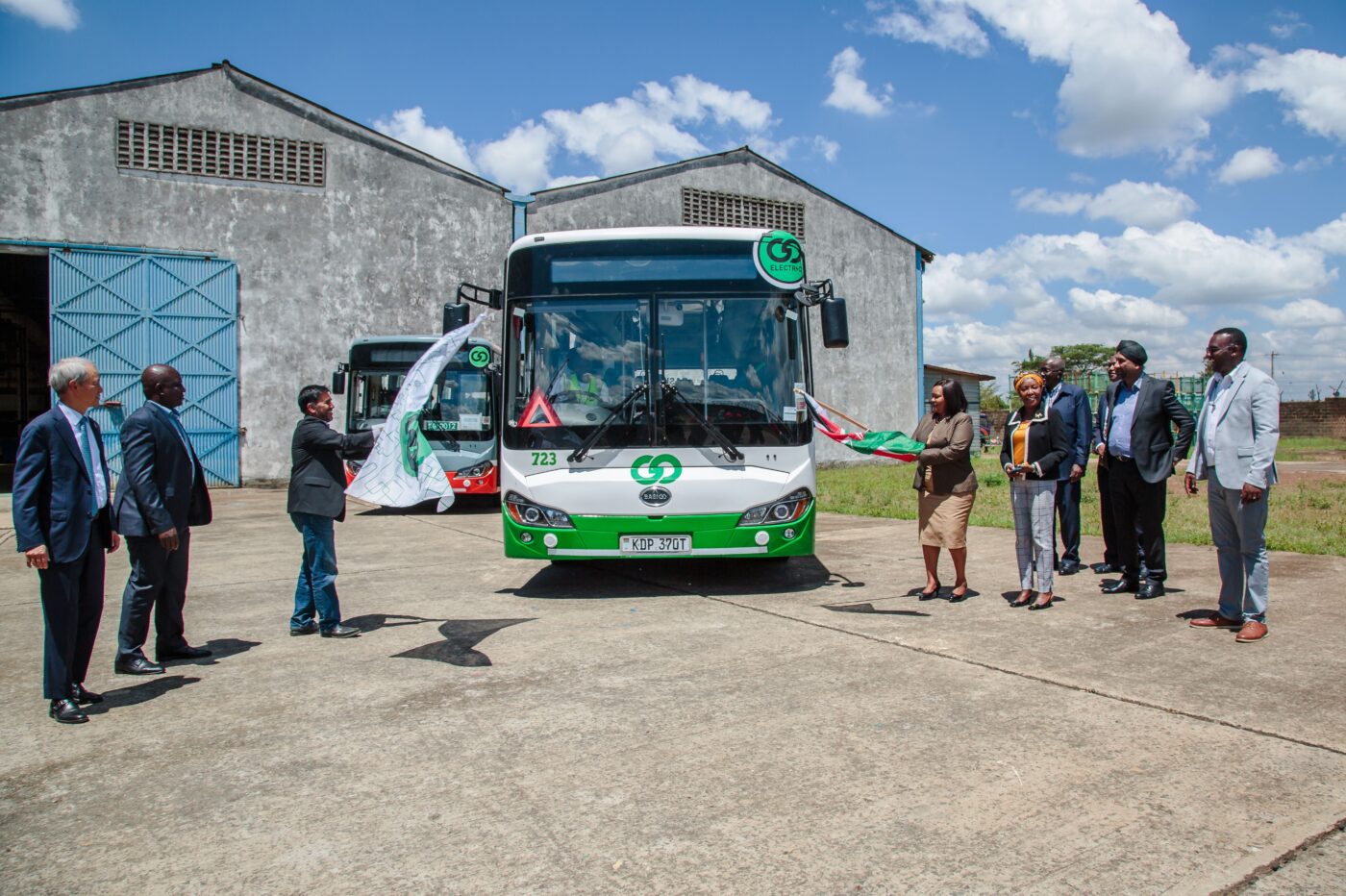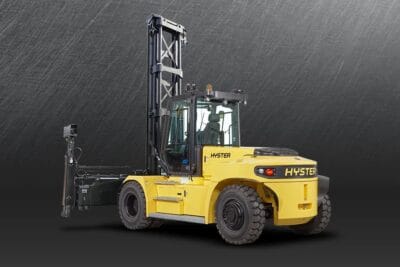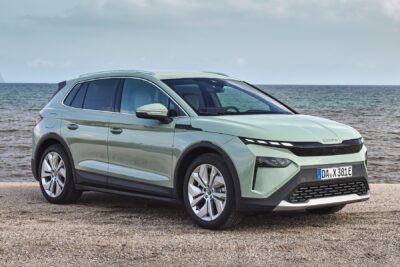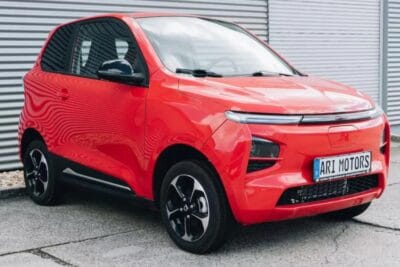Kenya plans to fully electrify its bus fleet by 2027
The announcement was made by Kenya’s Minister of Trade Rebecca Miano at the opening of the country’s first assembly line for electric buses. The company BasiGo has started manufacturing electric buses of the E9 Kubwa model there and plans to produce 1,000 units for the domestic market over the next three years. There is also already a large order from Rwanda.
“One of the key priorities of the Government is addressing climate change and reducing greenhouse gas emissions. The transport sector is a significant contributor to carbon emissions and transitioning to electric vehicles presents a sustainable solution to mitigate environmental degradation and address the negative effects of climate change,” Cabinet Secretary Rebecca Miano said at the event, where she unveiled the first two locally produced electric buses.
BasiGo CEO Jit Bhattacharya said the company aims to deliver 1,000 locally assembled electric buses over the next three years and create 300 jobs in green manufacturing in Kenya. “We shall be assembling 20 buses every month and the orders are many. We intend to work round the clock to increase the number, because the demand may rise with time,” Bhattacharya said.
The E9 Kubwa electric bus from BasiGo was developed for Kenya, is built in Kenya and is powered by 90 per cent renewable energy from Kenya and the model is tailor-made for operation in Nairobi. An important component comes all the way from China, as market leader CATL supplies the LFP cells for the 210 kWh battery. With a charging time of less than two hours, the E9 Kubwa can cover up to 400 kilometres a day – but this daily mileage includes a charging stop. With a capacity for up to 54 passengers, the E9 Kubwa offers a high level of comfort, connectivity and safety for commuters in Nairobi: the company promises quiet journeys on high-quality leather seats, WiFi and USB charging stations as well as CCTV cameras in a bus that meets the highest international safety standards.
BasiGo is a Kenyan electric bus company that rents out electric buses to local bus operators. Founded in 2021, the head office is located in Nairobi. BasiGo initially imported fully or partially assembled electric buses from BYD. However, the desire to manufacture its own electric buses quickly emerged, and this has now started.
standardmedia.co.ke, the-star.co.ke
Author: Florian Treiß





0 Comments